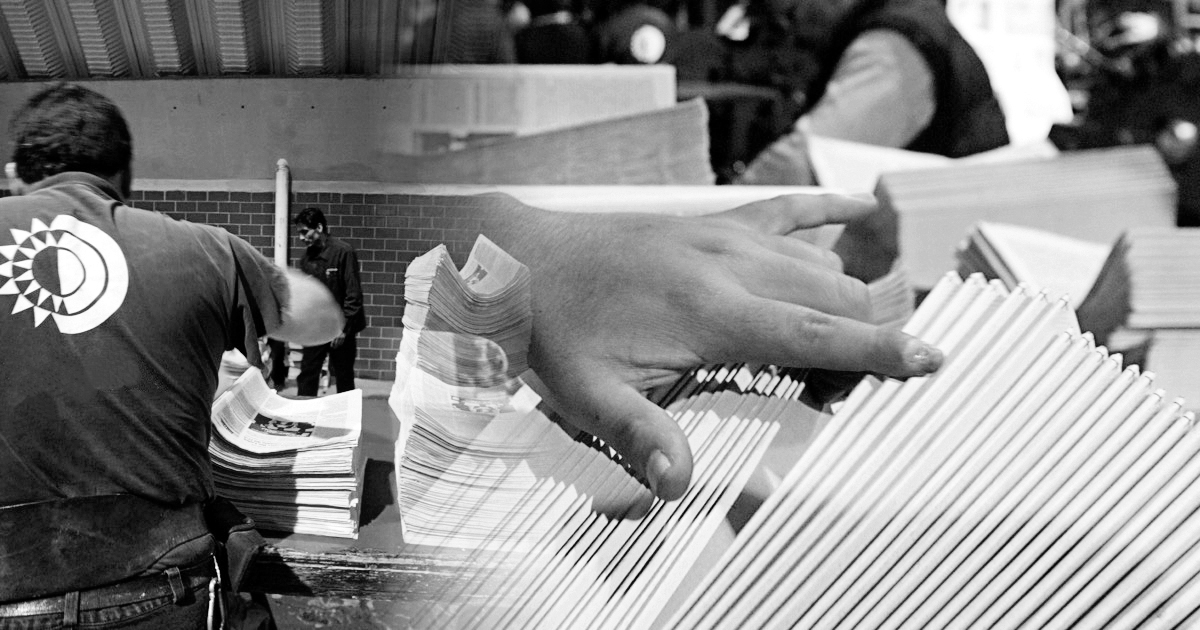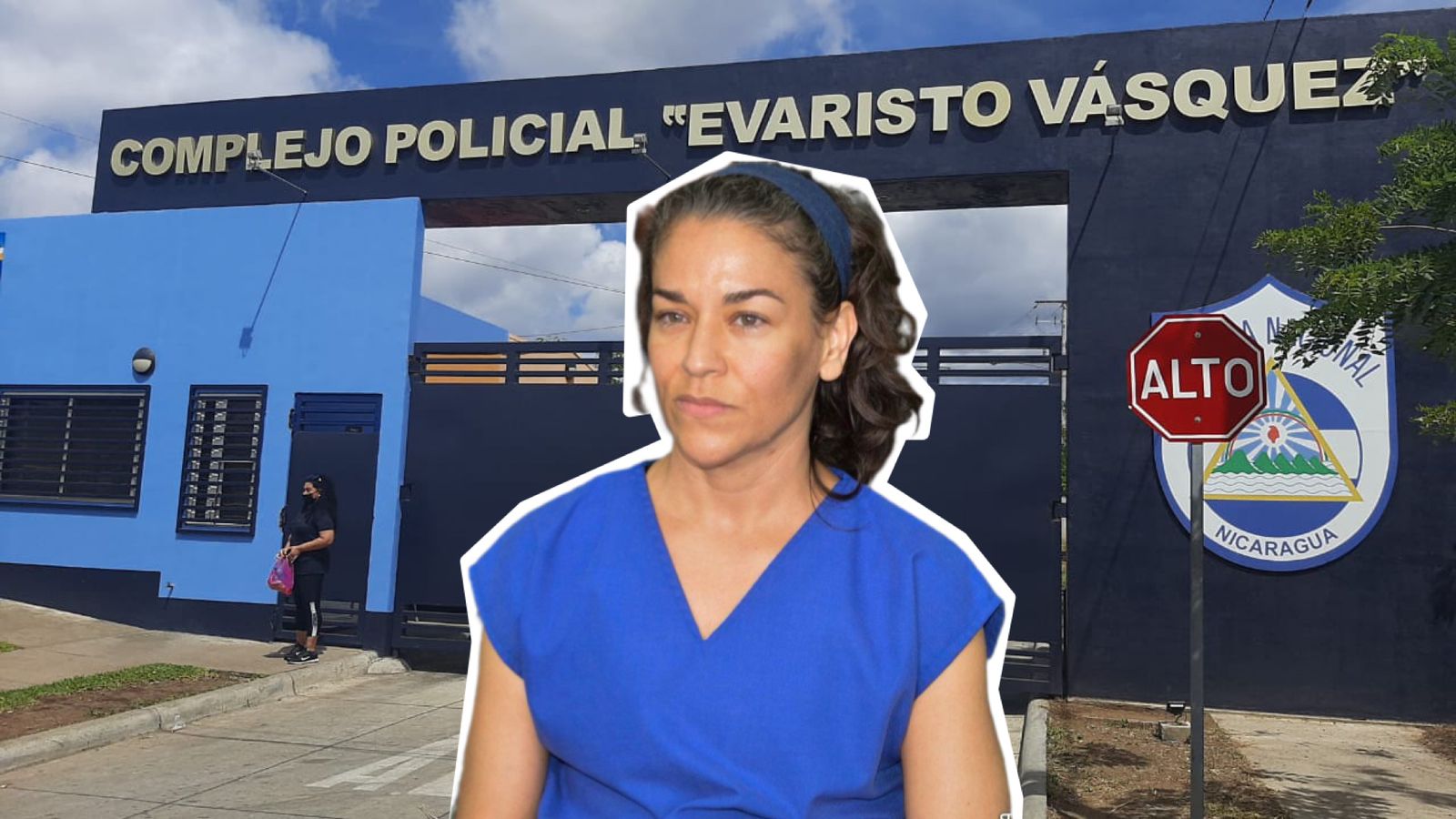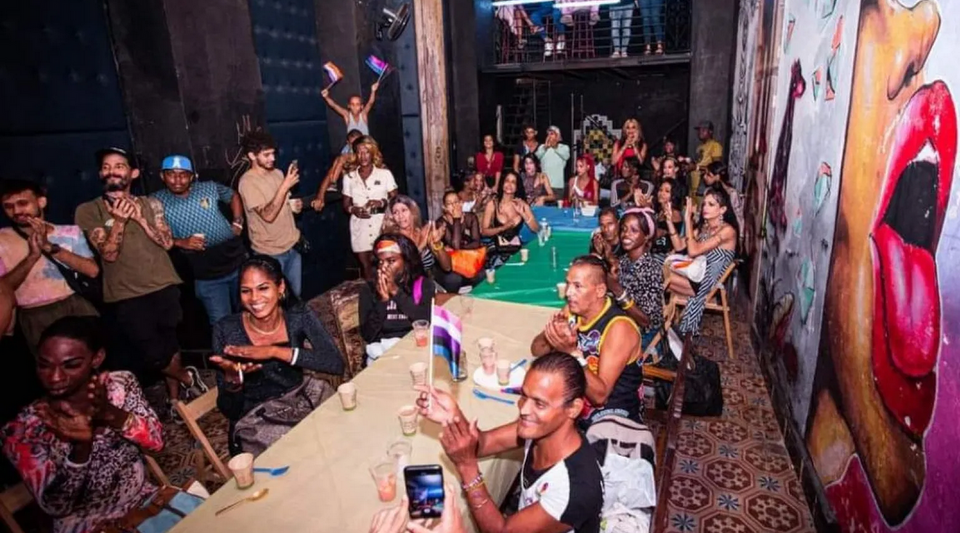D.
on Miguel, as commonly As those of us who walk by his side on a daily basis referred to him, at this moment he becomes a perennial presence for the organizational processes in favor of liberation, the promotion of human rights and the building of peace with justice and dignity. We now have an inspiring gift Miguel. His death is an occasion to collect important keys for collective work from the social left, as well as for the strengthening of democracy, the search for justice, and a solid commitment in favor of the poorest on Earth.
His work and his thought are due, on the one hand, according to what I can glean from reflections shared with him in the last dozen years, to his intellectual formation in the ideas of Domingo de Guzmán, Fray Bartolomé de las Casas, Antonio of Montesinos; as well as Fray Francisco de Vitoria, the name he gave to the human rights center he founded in 1984.
As a philosopher, he was a reader of Saint Augustine and Saint Thomas Aquinas, from where he generated his ethical reflection related to the criticism of private property, always putting the common good first. He was also, along with many others, a maker of founding contributions in Mexico and Latin America to what we know as liberation theology, always agreeing that this theological proposal transcended confessional limits to become a contribution that fueled liberating political projects in our Latin American region. Don Miguel was of this intellectual stature.
He was characterized by a constant simplicity and humility, exercised until the last moments of his life. He was the builder of a project of civil associations dedicated to the defense of human rights. Since the 1980s, he sought to move away from the logic of NGO
subservient to the geopolitical interests of economic powers that have a damaging influence on various territories in the region. His commitment, on the contrary, and which up to now we see alive in various social organizations, was the work from below, from the critical articulation for the transformation of structures that generate oppression and inequalities.
The way of defending human rights, according to Don Miguel Concha, is anchored in the necessary task of opting for the poorest, for active non-violence, and promoting the strategic and critical use of human rights. In this we can see a contribution from Don Miguel, not only ideological, but concrete action, using the tool of human rights for peace, justice, truth and the eradication of all forms of oppression. His mystique is always nourished by walking with the most excluded. And at the same time recognizing the strength that is born from them to fight where he always put his energy and heart.
One cannot fail to recognize that a man like Miguel Concha also leaves us the important teaching of dialogue that avoids assimilating the other, quite the contrary, his life itself was an example of an inclusive dialogue. He repeatedly invited us to listen deeply, speak up and try to understand each other. He encouraged us, in the most adverse moments, to organized action, not hasty, and from the necessary duty to interweave collective efforts to face complex situations. This way of defending human rights, of generating dialogue and accompanying social organizational processes transcended various generations.
He was always concerned about the intergenerational strategy, that is, accompanying the training of young people, in frank dialogue and deep exchange, to get involved in this way of working and contribute to social transformation. Many people, including myself, are from Miguel Concha’s school, we learned a way of making peace and human rights, always heartfelt, sustained and humbly. Choosing constant change and openness to new organizational bets that help transform the capitalist, patriarchal and colonial system. As it is said in the biblical text: If the grain of wheat does not fall to the ground and die, it remains alone; but if it dies, it bears much fruit
(Jn 12:23-24); Well then, that the death of Don Miguel, and his arrival at this inspiring stage for many generations, be an occasion to reap the fruits of his life. Perhaps, as a gesture of gratitude to him, we can give ourselves common spaces, and in the light of his teachings, think about the future of the social left, organized civil society, the struggles for human rights, as well as the task of the Catholic Church. and the Christian churches in an ecumenical spirit. May Don Miguel continue to guide us in the effective struggle, the realization of peace, the exercise of human rights and the making of a more dignified and just country. Thank you, Don Miguel, for your immense heart and his shared life.
*Member of Serapaz








